The Levin family's safari adventure began in Cape Town with its iconic Table Mountain and lively food scene. After exploring the city, they flew to Hoedspruit to experience the wonders of Kruger National Park. Here, they had remarkable encounters with wildlife, including a white lion, African wild dogs, and a near-hunt by cheetahs. Their journey also included visits to local villages, an animal rehabilitation center, and unforgettable moments in the Balule Game...
Step-by-Step Guide: How to Plan the Ultimate African Safari Experience
Starting the Safari planning process can be both exciting and pretty overwhelming and daunting. There are so many incredible countries, wildlife locations, lodges, and camps to choose from.
We've been planning and hosting safari trips collectively for more than 38 years. We work hard to match our clients' wish lists with the right locations, lodges, and activities to make their African safari dreams come true and to make their vacation memories last a lifetime.
If you're ready to start planning your African safari, here are some expert tips to make sure it goes smoothly:
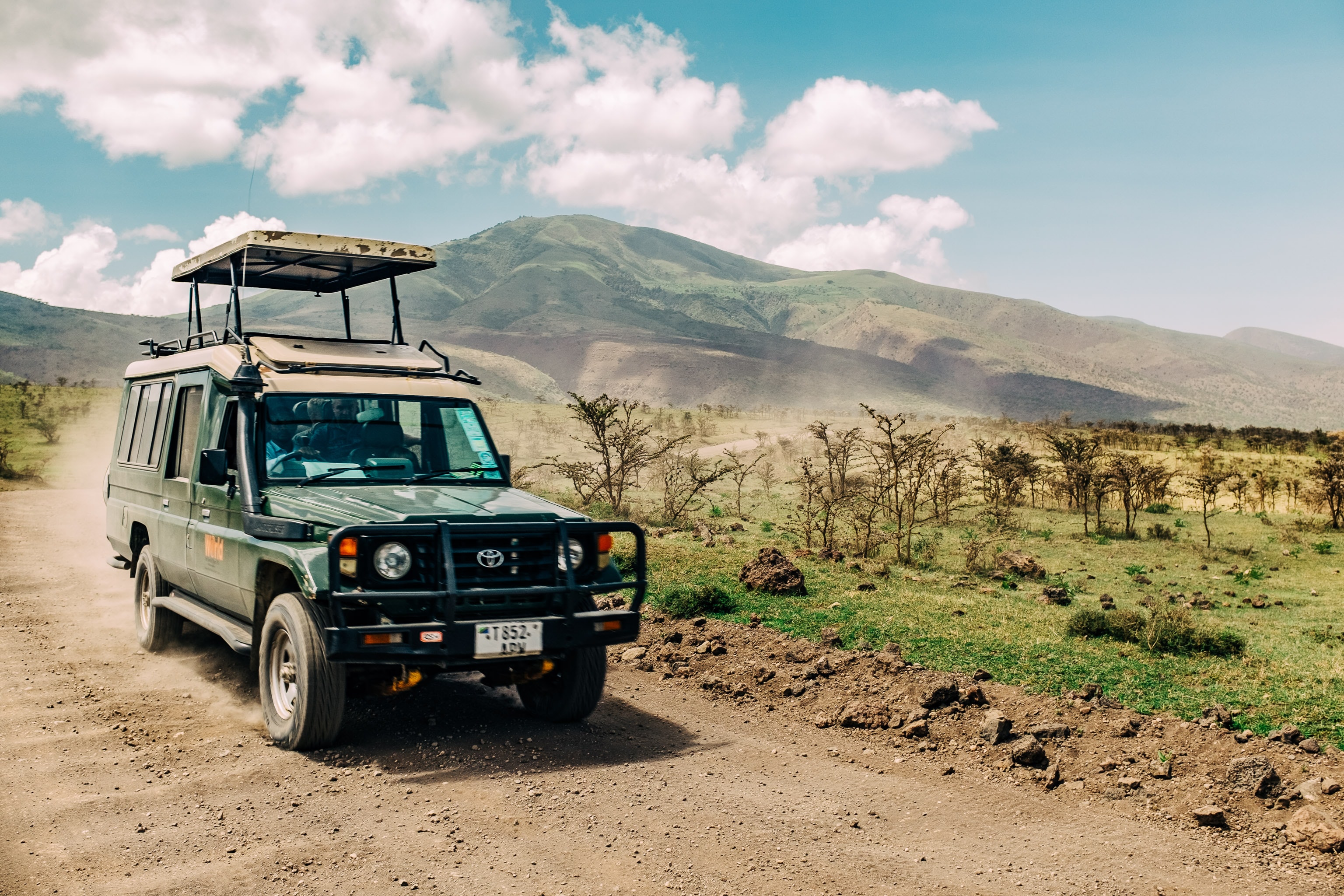 African safaris are the ultimate adventure for those seeking a once-in-a-lifetime experience. From witnessing breathtaking wildlife to immersing oneself in the rich culture of Africa, there's no shortage of experiences to be had on this continent.
African safaris are the ultimate adventure for those seeking a once-in-a-lifetime experience. From witnessing breathtaking wildlife to immersing oneself in the rich culture of Africa, there's no shortage of experiences to be had on this continent.
However, with so many options available, planning an African safari can seem daunting and overwhelming. That's why we've put together this step-by-step guide to help you plan the ultimate African safari experience. Whether you're a first-time visitor or a seasoned traveler, our guide will provide valuable insights and tips to ensure that your trip is unforgettable. So pack your bags and get ready for an adventure unlike any other!
1. DETERMINE YOUR BUDGET ESTIMATE.
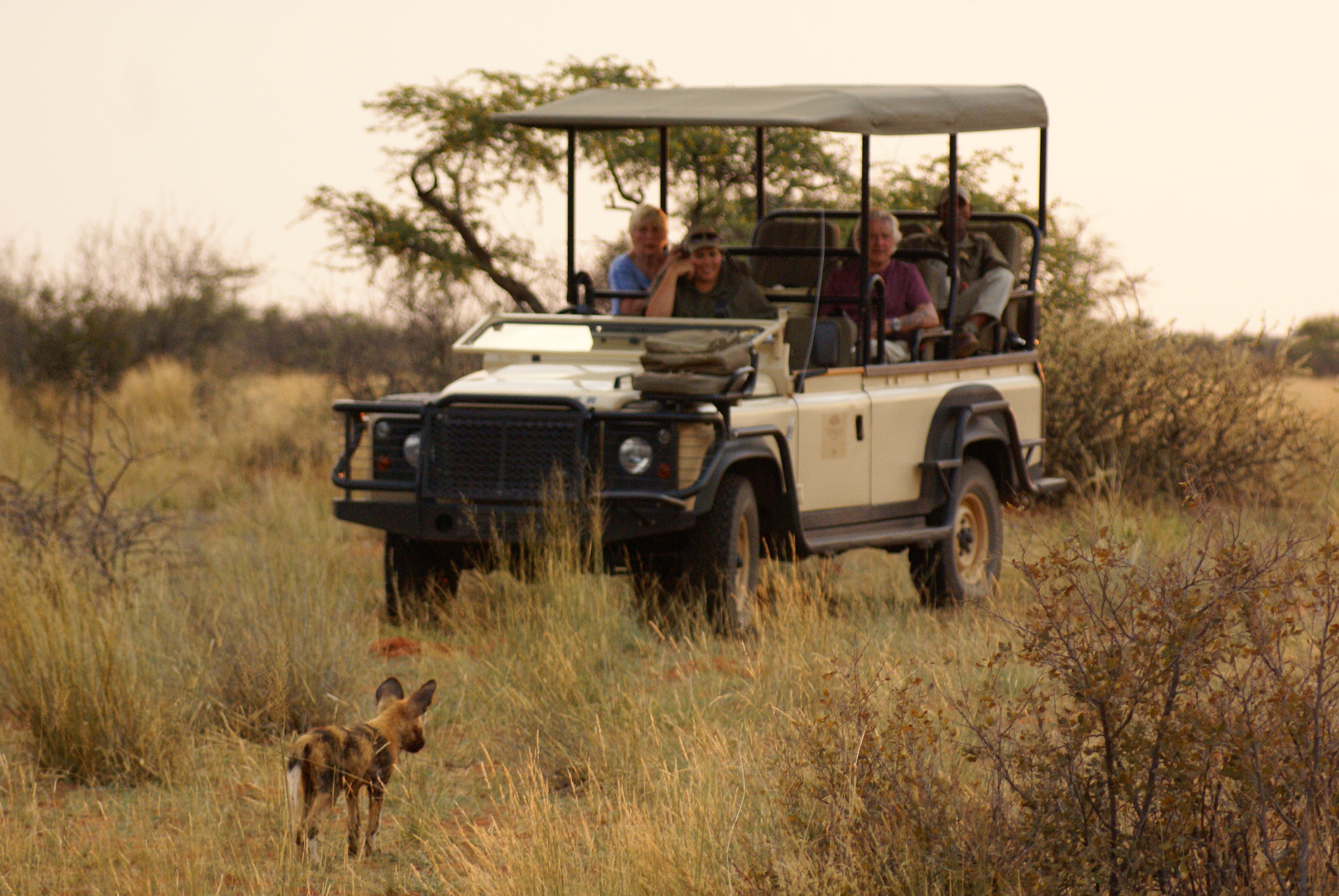
When planning a safari, it is essential to determine your budget. It will help you make informed decisions about the type of safari experience that suits your needs and preferences. The average cost of an African safari ranges from $500-$1,500 per person per night. However, this can vary depending on the destination, accommodation level, time of year, and activities included in the itinerary. Therefore, it is crucial to research extensively before settling on a specific package or tour operator.
To get value for money without compromising quality and safety standards during your safari adventure; consider all-inclusive packages that cover transport logistics from airport pickups to drop-offs at different destinations within your itinerary with no hidden charges. Hylton Langley Safaris specializes in tailor-making packages that will suit your exact budget and needs.
Moreover, when determining your budget for a safari trip include other expenses such as travel insurance costs and visa fees if required for entry into certain countries. By doing so, you avoid unexpected expenses that may derail your entire vacation plan.
In conclusion, setting up a realistic budget goes hand in hand with proper research when planning an African Safari trip. It allows you to choose between various options available while ensuring that you get value for every penny spent during the adventure-filled expedition through Africa's natural landscapes and wildlife habitats.
2. KNOW WHEN YOU WANT TO GO ON SAFARI.
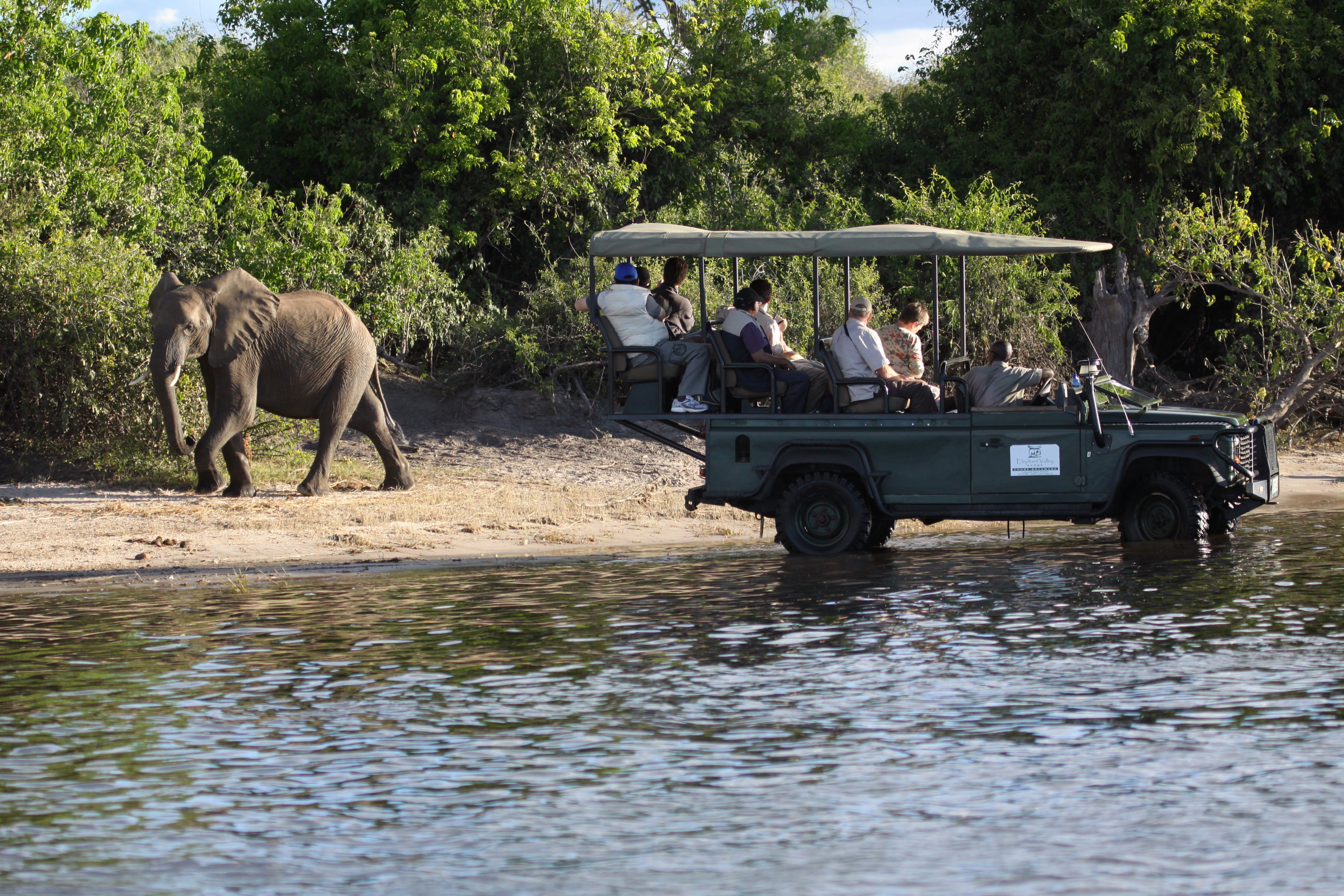
When planning a safari trip, it is crucial to determine when you want to go. The timing of your safari can greatly affect the overall experience and enjoyment of your trip.
For example, if you are interested in witnessing the Great Migration in Kenya or Tanzania, then the best time to go would be between July and October when millions of wildebeest cross over from Serengeti National Park into Maasai Mara Game Reserve. Additionally, during this time, there is also an opportunity to witness predators such as lions and cheetahs hunting for their prey. On the other hand, if you are interested in bird watching or experiencing lush green landscapes, then visiting during the rainy season between November and May might be more suitable for you. However, it is important to note that some areas may become inaccessible due to flooding during this period.
It is essential to do thorough research on each destination's climate patterns before deciding on a specific timeframe for your safari trip.
Overall, determining when you want to go on safari plays a significant role in ensuring that you have an unforgettable experience while exploring Africa's wildlife reserves and national parks. Speak to one of our experienced Safari Planners for further assistance in determining when it will be a suitable time for you to travel.
3. KNOW HOW LONG YOU WANT TO GO ON SAFARI.
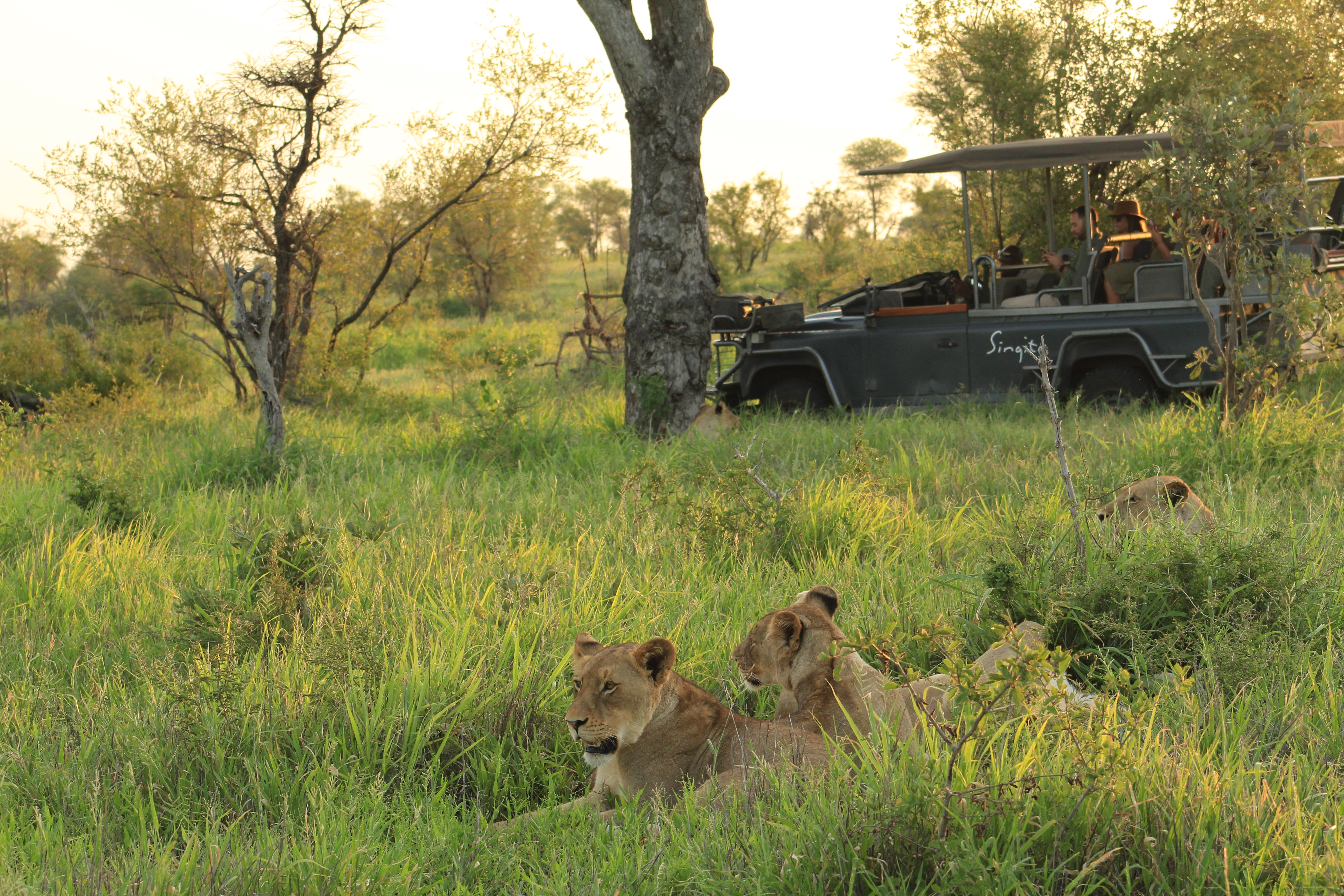
When planning a safari, it is important to determine how long you want to go for. This decision can greatly impact the quality of your experience and the amount of wildlife you are able to see. According to research, a minimum of three days is recommended for a safari in order to increase the probability of seeing diverse species and observing animal behavior. However, many travelers choose to extend their trip up to two weeks or more in order to fully immerse themselves in the wilderness and explore different areas. It is also important to consider factors such as weather patterns, seasonal changes, and specific animal migrations when deciding on the length of your safari. Ultimately, determining how long you want to go on safari for should be based on your personal preferences and budget constraints while still allowing enough time for an unforgettable adventure.
4. KNOW WHERE YOU WANT TO GO ON SAFARI.
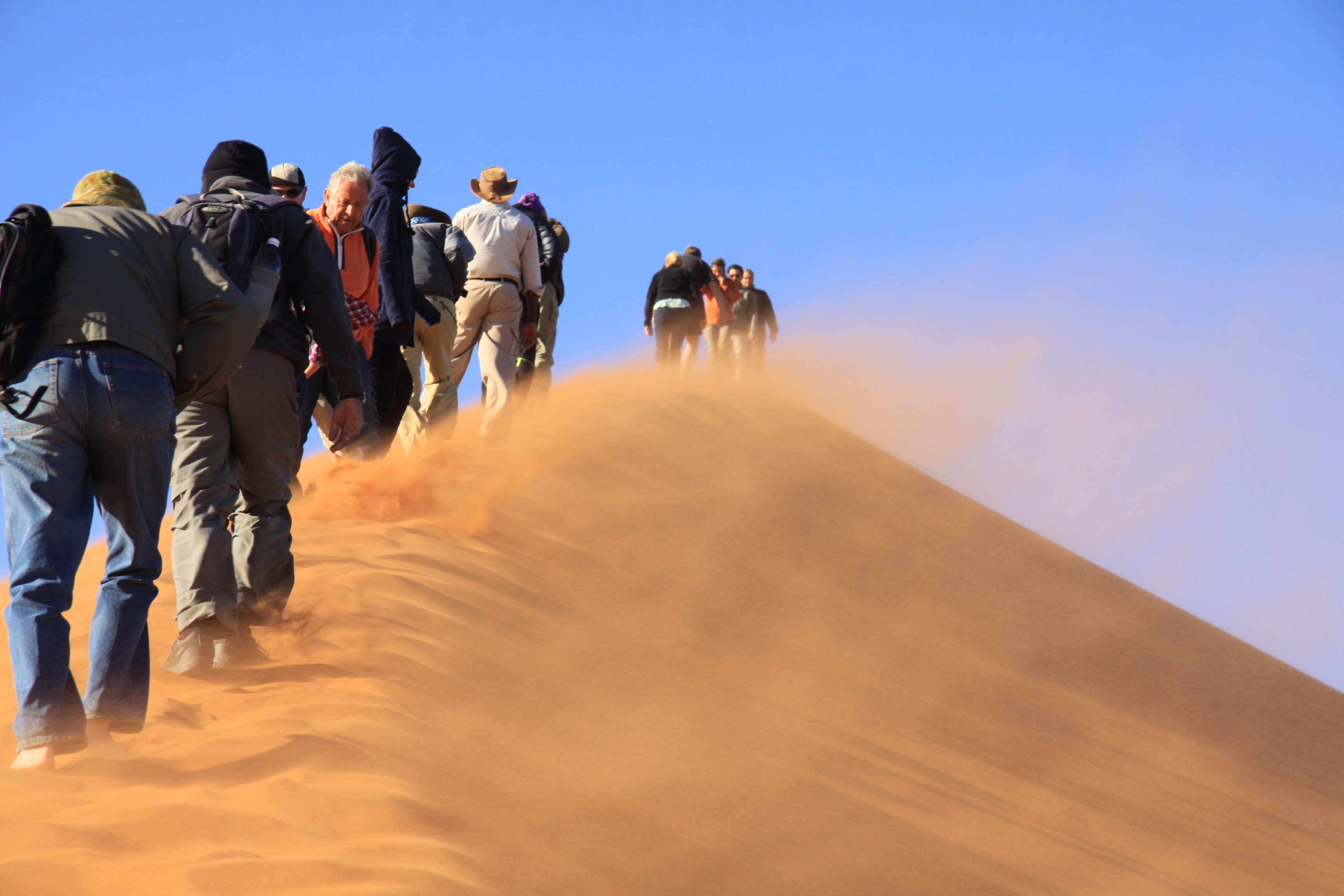
When planning a safari trip, one of the most important decisions to make is where you want to go. There are numerous safari destinations across Africa, each with its unique wildlife and landscapes. To determine the best destination for your safari experience, it's essential to consider factors such as budget, time of year, and personal preferences.
For instance, as a first-time safari-goer, the easily accessible Kruger National Park or Sabi Sand Game Reserve would be an excellent choice, as it offers high densities of Big Cats, as well as sightings of other members of the Big 5. On the other hand, if you're interested in gorilla trekking or chimpanzee tracking experiences in dense tropical forests, Rwanda might be a more suitable option.
Researching different countries' safari offerings can help provide a better understanding of what each has to offer based on specific interests or goals for traveling on this type of adventure vacation. Ultimately deciding where to go will impact everything from travel logistics (flights) through accommodation choices down to activities offered during safaris making it crucial that travelers take ample time researching their preferred location before booking anything!
5. CHOOSE THE TYPE OF SAFARI YOU ARE INTERESTED IN.
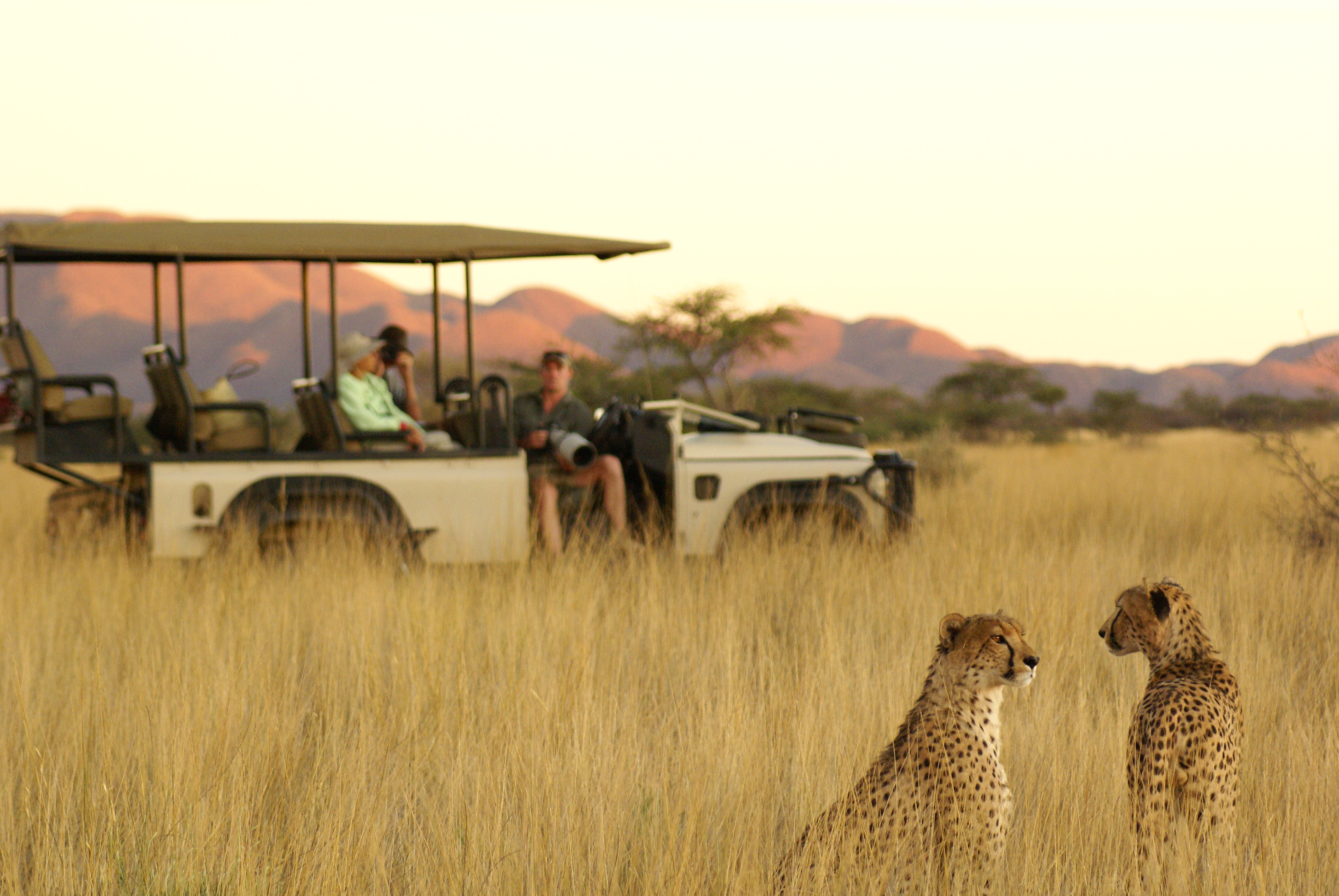
When planning a safari, it is important to determine the type of safari that you are interested in. It is always advisable to go on a privately hosted safari. By having your own expert private safari guide travel with you, will be able to gain a deeper understanding of the cultures and wildlife you will see and encounter. As your private guide would also have been involved in the initial planning, you will have zero worries about daily logistics and planning whilst on tour. The presence of a private guide also ensures that your safety is a priority, allowing you to be completely immersed in the safari experience of a lifetime. In the overall safari budget, the moderate additional charge is guaranteed to enhance the safari experience.
If unaccompanied safari travel is your thing, a suitable travel organizer like Hylton Langley Safaris can book your trip for you, take care of booking all the lodges, and handle the logistics in advance. Because we live in Africa, and through decades of industry experience, we will be able to offer you expert guidance as you prepare for your trip. Whether it's a family vacation, honeymoon, solo- expedition, or a special milestone celebration, we plan it all for you!
Perhaps you would like to join a "Safari with a Purpose", where you will be able to physically get involved in conservation projects, such as collaring an elephant or taking DNA samples from a rhino. Chat with our safari experts today.
6. DETERMINE WHAT SAFARI ACTIVITIES MIGHT BE OF INTEREST TO YOU.
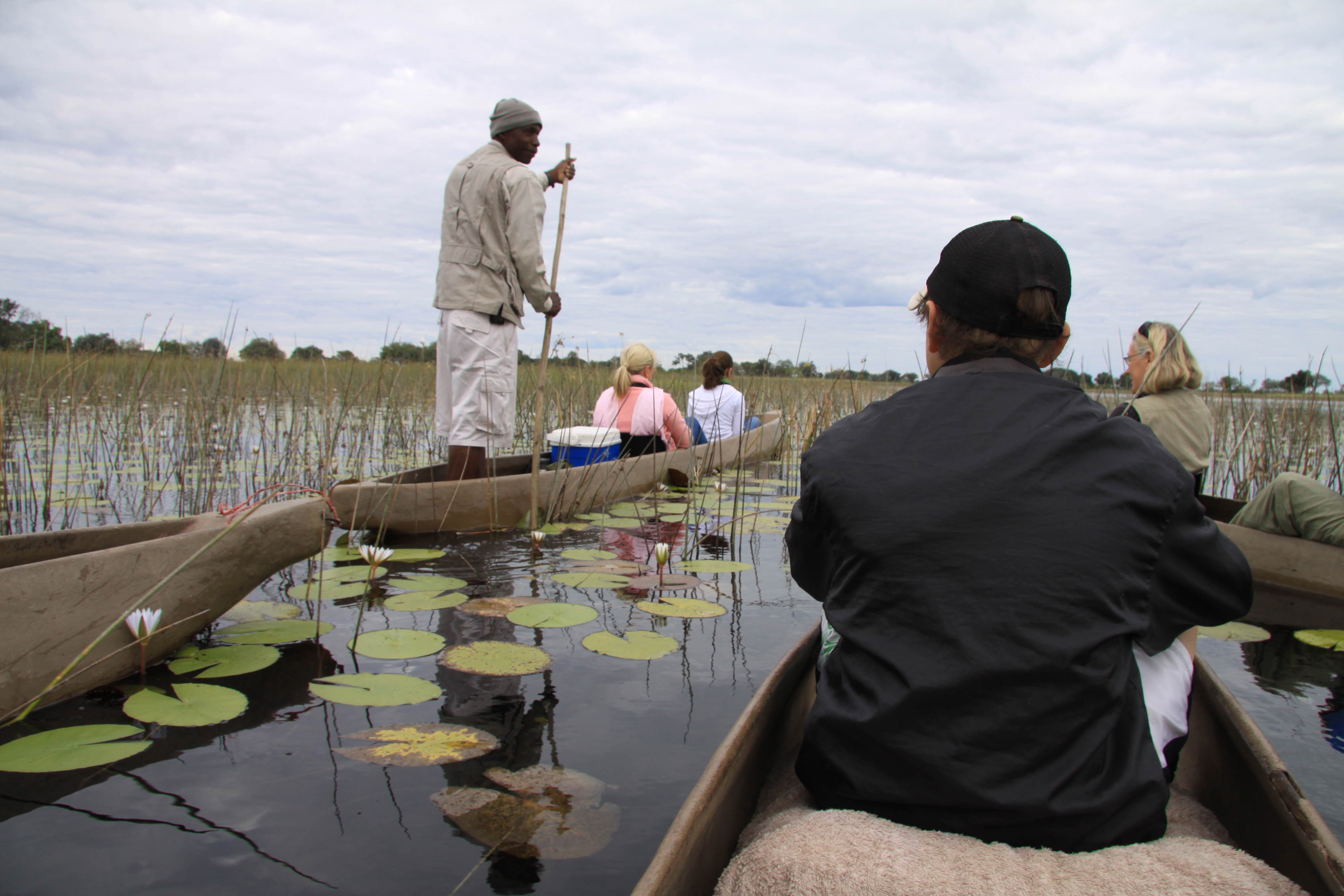
Traditional vehicle-based safari experiences will allow you to get up close to many of the African mammals, but if you are adventurous, a walking safari will add a much greater dimension to your safari experience. With a trained safari guide leading the walk, you will be able to gain a deeper understanding of the delicate ecosystem- something that is often overlooked from the comfort of a vehicle.
For the adventurous, viewing the savanna from a hot air balloon, or from a helicopter, will further enhance the understanding of the sheer size of Africa's wilderness areas. A safari from a boat, traditional mekoro dugout canoe, or on horseback is also a great way to take in the sights and sounds of the wilderness.
7. CHOOSE YOUR ACCOMMODATION STYLE.
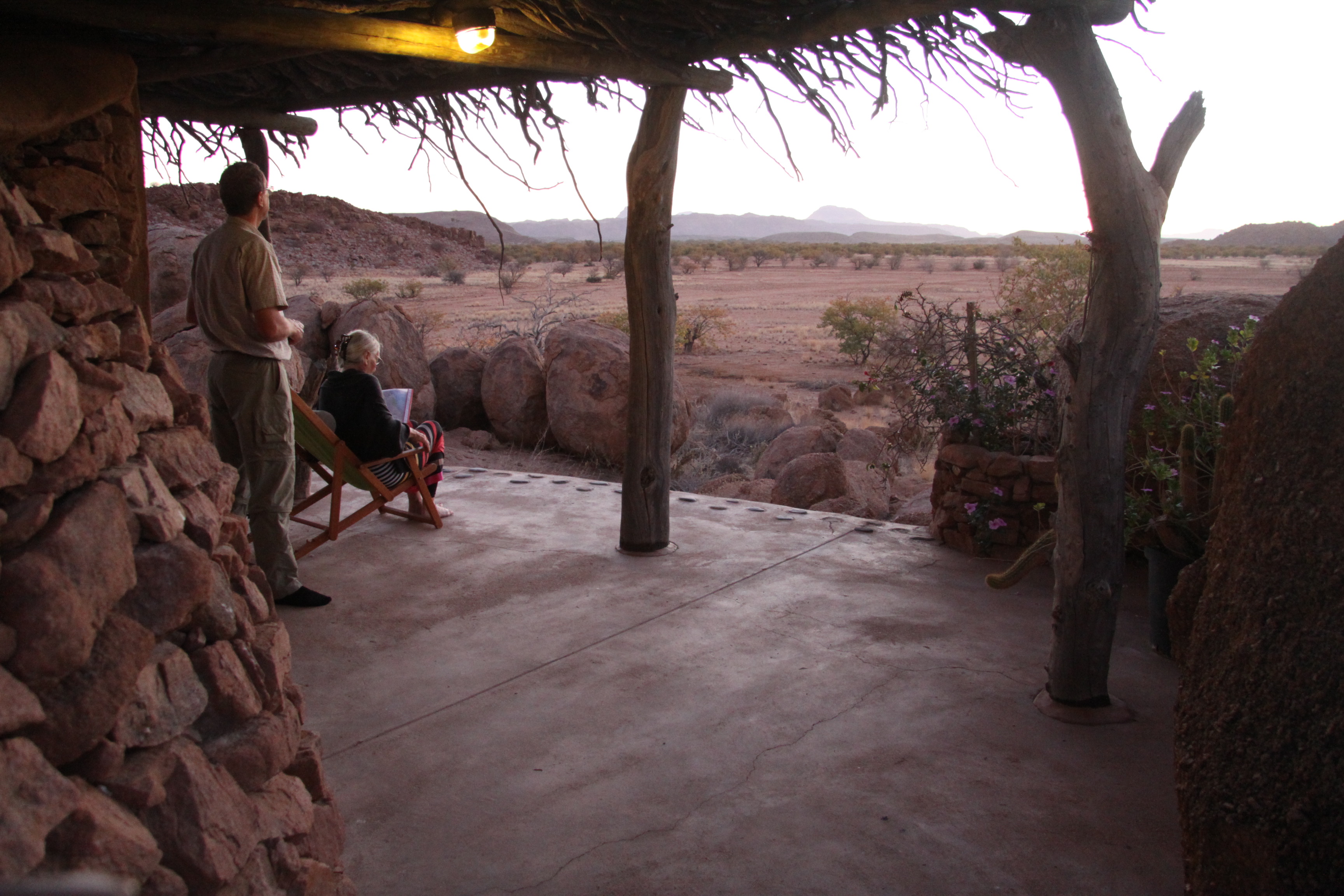
Choosing the right safari accommodation style is crucial when planning your African adventure. There are various types of accommodations available, from luxurious lodges to tented camps and mobile safaris. Your choice will depend on your personal preference, budget, and level of comfort. According to a recent study by SafariBookings.com, most travelers prefer lodges over other styles due to their amenities and comfort levels. However, if you want a more authentic experience in the wilderness, tented camps or mobile safaris may be a better option for you. Tented camps offer comfortable beds and en-suite bathrooms while still providing an immersive bush experience. Mobile safaris allow you to explore multiple locations while camping in remote areas under the stars with expert guides who can show you all that Africa has to offer. Ultimately, whichever accommodation style you choose should enhance your safari experience while also meeting your individual needs and preferences.
8. CHOOSE AN ESTABLISHED SAFARI OPERATOR.
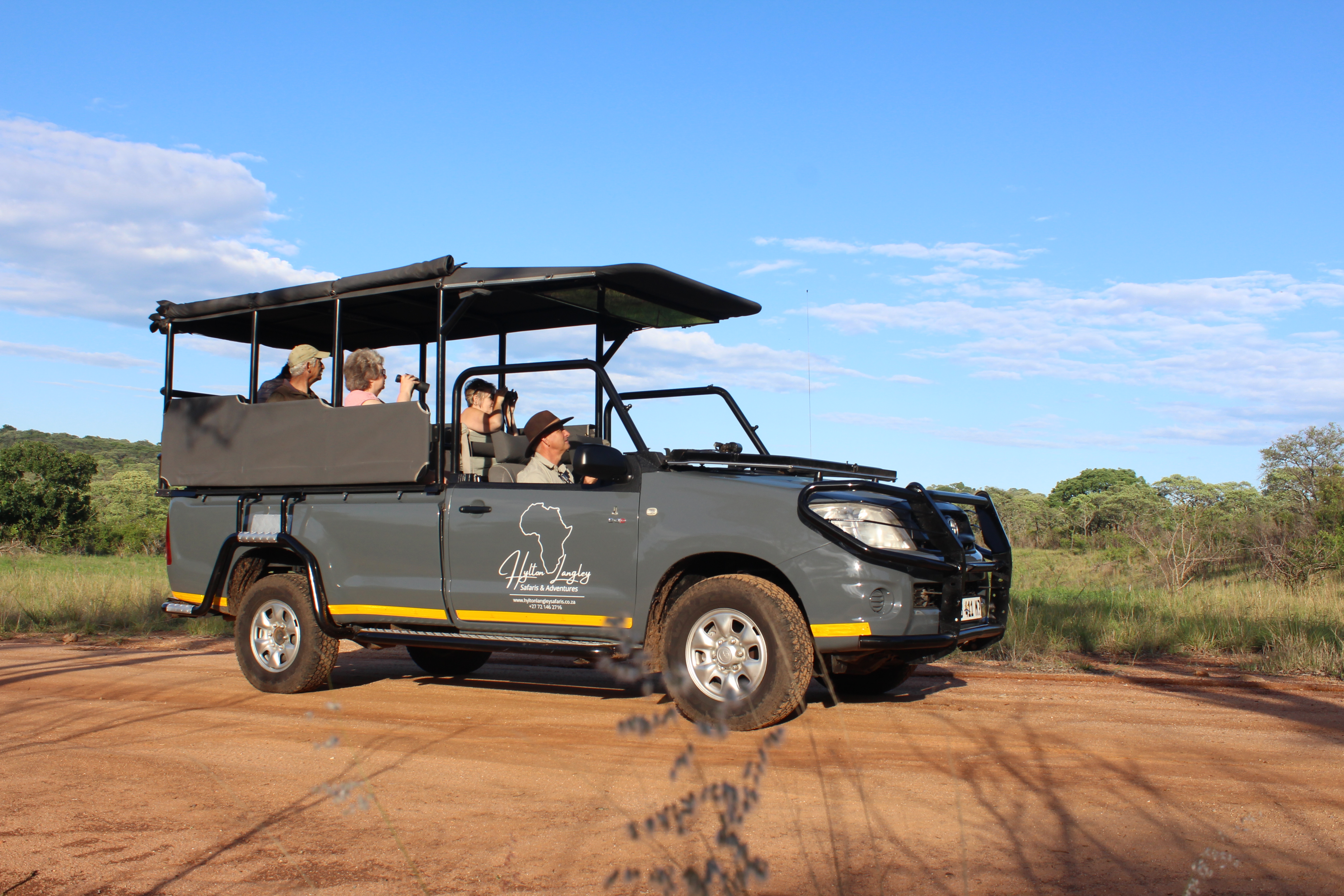
When choosing a safari travel operator who can add true value to your African safari, look for the following criteria:
- Personal travel experience in the specific countries you want to visit.
- Independent, unbiased advice – your safari planner should not be employed by a specific lodge, safari activity operator, or marketing company.
- Full travel booking service – it’s in your best interest to work with a full-service partner that can take care of every detail from your internal flights, activities, accommodation, and transfers.
- 24/7 on-safari support – an important advantage of booking through a credible operator who is based in Africa and who is easily accessible.
- Recent reviews published on independent sites like TripAdvisor.
A great safari tour operator will take the time to get to know and understand your preferences, address any safety concerns you have, and provide you with detailed, up-to-date travel advice. Good planning reduces risk and increases returns - from smart savings to savvy splurges, the best safari travel planners will deliver the vacation you'll be talking about for the rest of your life.
Ready to Start Planning Your Trip of a Lifetime?
Chat with someone who's been there. Get in touch and tell us about your African travel dreams:
Further Reading
Join me as I recount a recent experience assisting in training aspiring Bushwise Field Guide students under renowned tracker trainer Colin Patrick's guidance. As we delve into the essential components of tracking, consider whether you possess the curiosity, patience, and keen observation skills required to navigate the intricate pathways of the bush and its inhabitants. Are you ready to answer the call of the wild and embark on an adventure where every...
In the heart of the African wilderness, Hylton Langley Safaris invites you to embark on an extraordinary journey with our top guest-requested safari experiences for 2024. Tailored to cater to the desires and expectations of each of our guests, these adventures are more than activities – they are thrilling encounters with Africa's iconic wildlife, people, and landscapes.
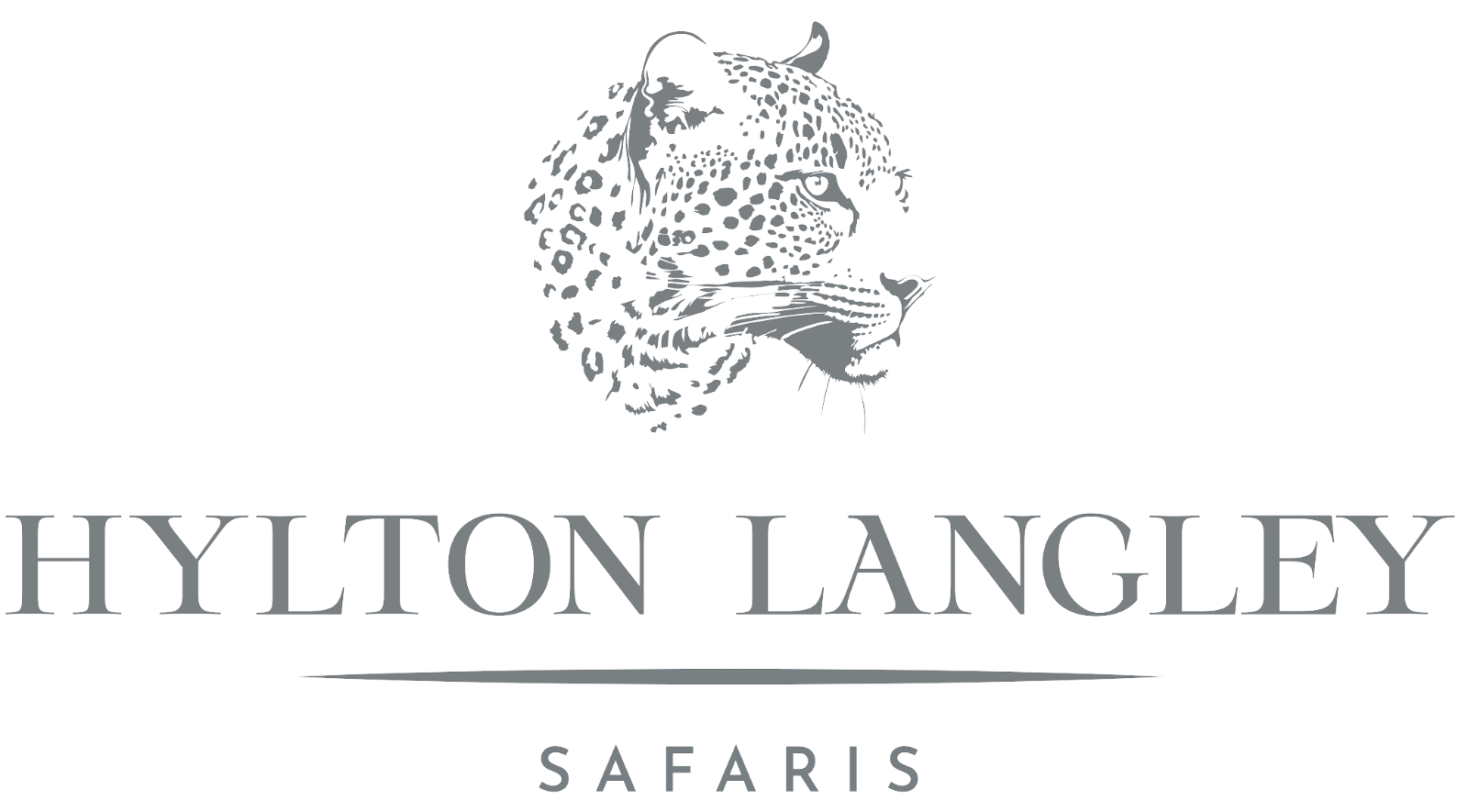






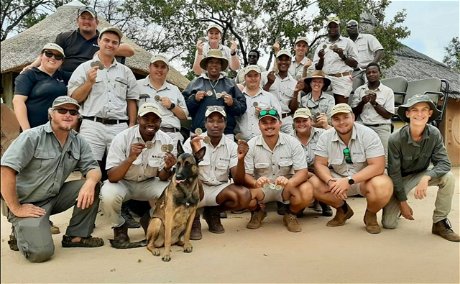
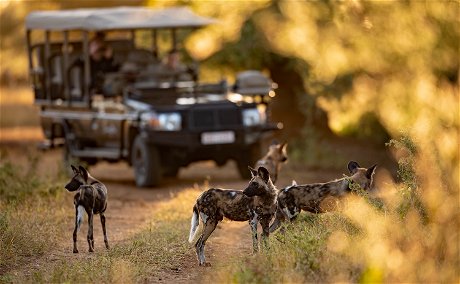
Share This Post